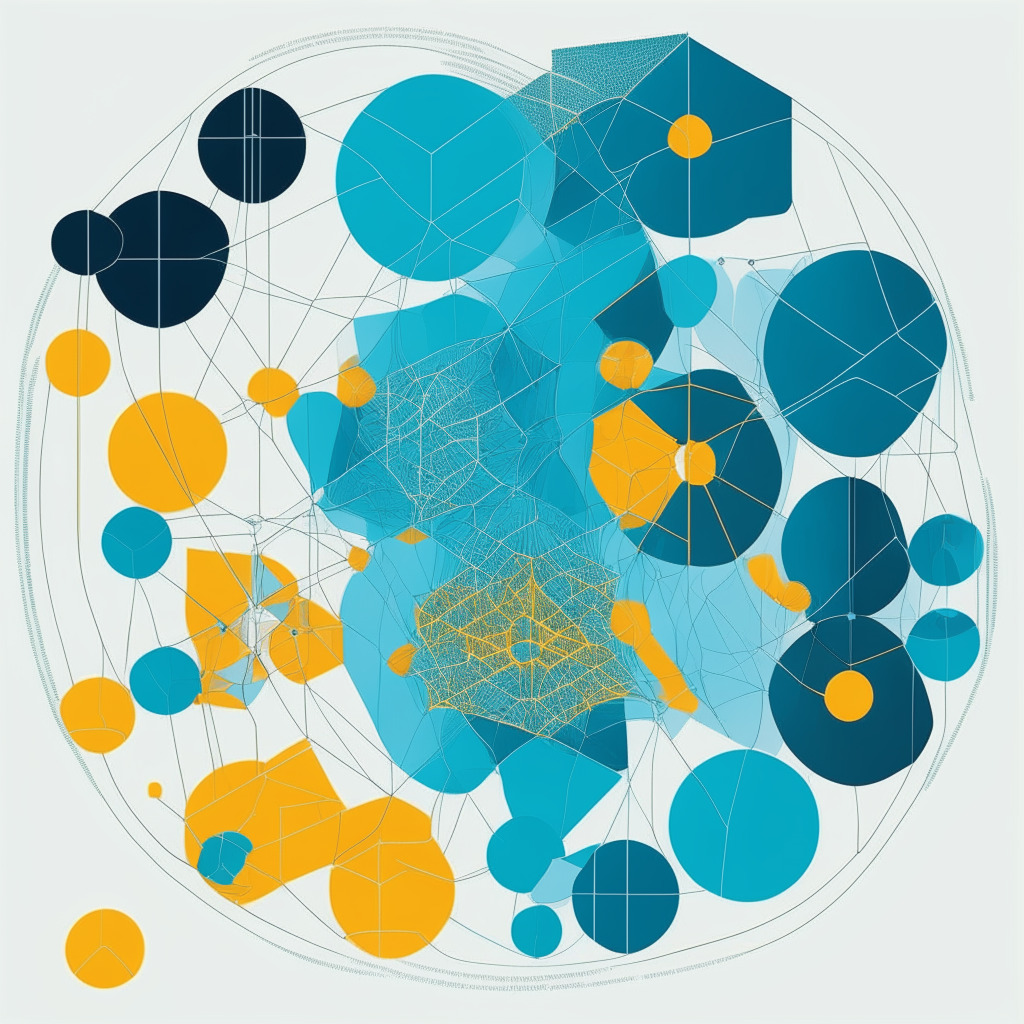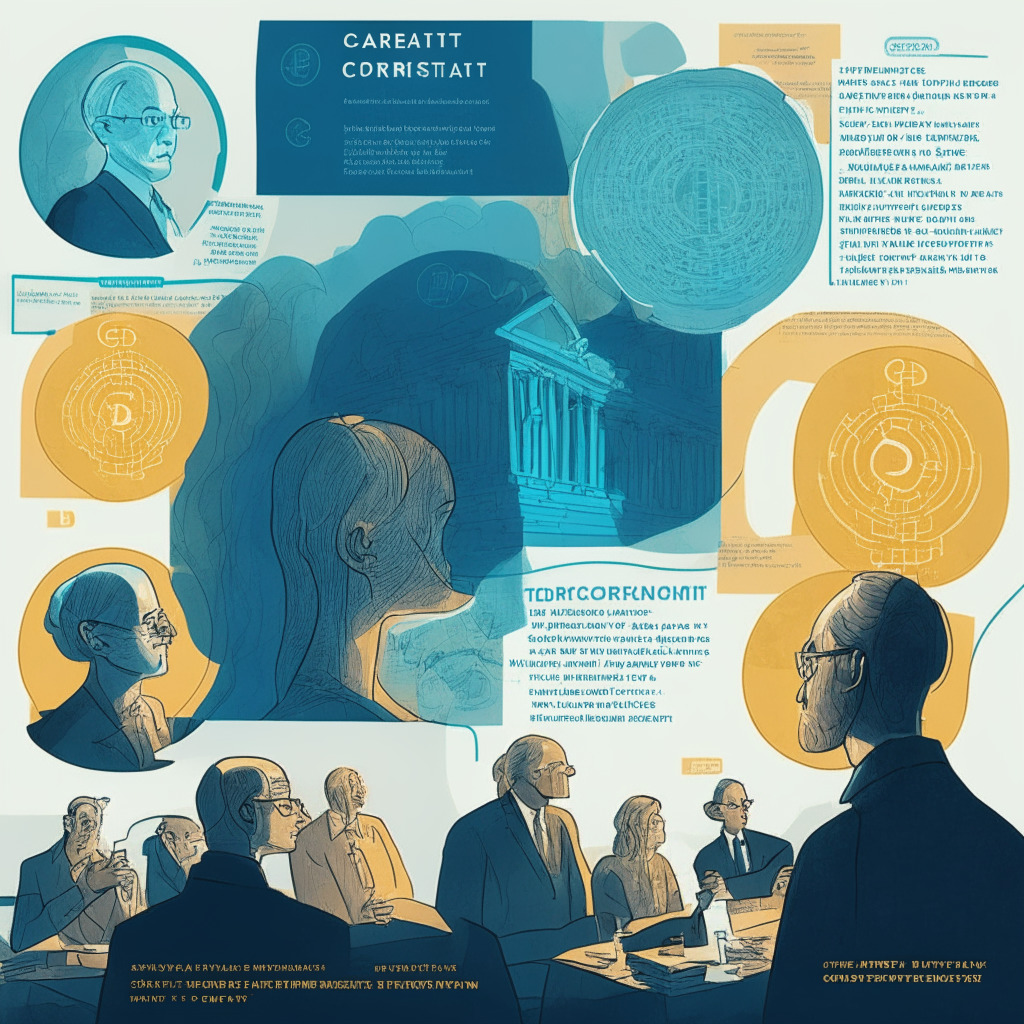When browsing Mango Markets recently, we’ve noticed a palpable atmosphere of uncertainty and tension, giving us some food for thought about the dilemmas facing blockchain-based trading platforms and their regulatory environment.
A year has passed since the suspected digital money market exploit by Avi Eisenberg, which allegedly cost the platform an incredible $100 million. The effects of this event are still unfolding, with the trading protocol dealing with increasing legal costs and pressure for greater transparency amongst its stakeholders.
Managed by Mango Labs, the Solana blockchain-based exchange reveals a glimpse into the financial struggles and inner complications such protocol platforms may encounter. The financial burden has become more noticeable, pushing Mango Labs to seek an extra $2 million from Mango DAO members to cover their legal expenses, showing how interconnected and financially burdened parts of the entire ecosystem can become.
Nevertheless, the tensions rose, as the additional funding proposed by Mango Labs’ founder, Daffy Durairaj, confronted resistance from the DAO voters, displaying explicitly how the lack of transparency could undermine central decisions in the cryptocurrency market.
Simultaneously, Mango Labs is wrestling with Avi Eisenberg through a civil lawsuit in an attempt to recover the stolen digital assets, while it navigates criminal and regulatory cases at the federal level. These legal battles have drained a significant fraction of the DAO’s stablecoin treasury, originally capped at $15 million.
With $89 million held within the DAO’s treasury, the majority is tied up in MNGO tokens, which proves tough to liquidate — a valuable lesson for other DeFi (Decentralized Finance) platforms about asset liquidity in times of crisis. As Daffy Durairaj explained, these additional funds are vital to cover the costs of cooperating with legal authorities, regulatory queries, and the pursuit of lost capital.
Despite facing the reluctance of DAO members and an initial vote rejection, Durairaj pressed on with a second proposal for funding. It’s an ambiguous situation — not just for Mango Markets — but for the wider crypto-community as they watch critically from the sidelines, understanding the broader implications this drama holds for the future governance structures of DeFi platforms.
The evolving landscape of cryptocurrency regulations throws up new challenges and tests the resilience of the blockchain-based trading protocols. By exploring the experiences of Mango Markets, we gain insight into the problems and prospects these new technologies face in their path towards mainstream acceptance and integration.
Source: Cryptonews




